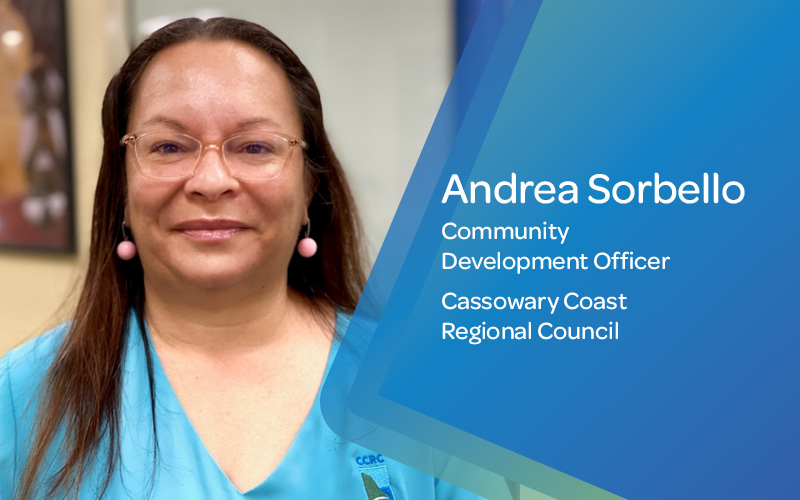
Careers at Council
Services
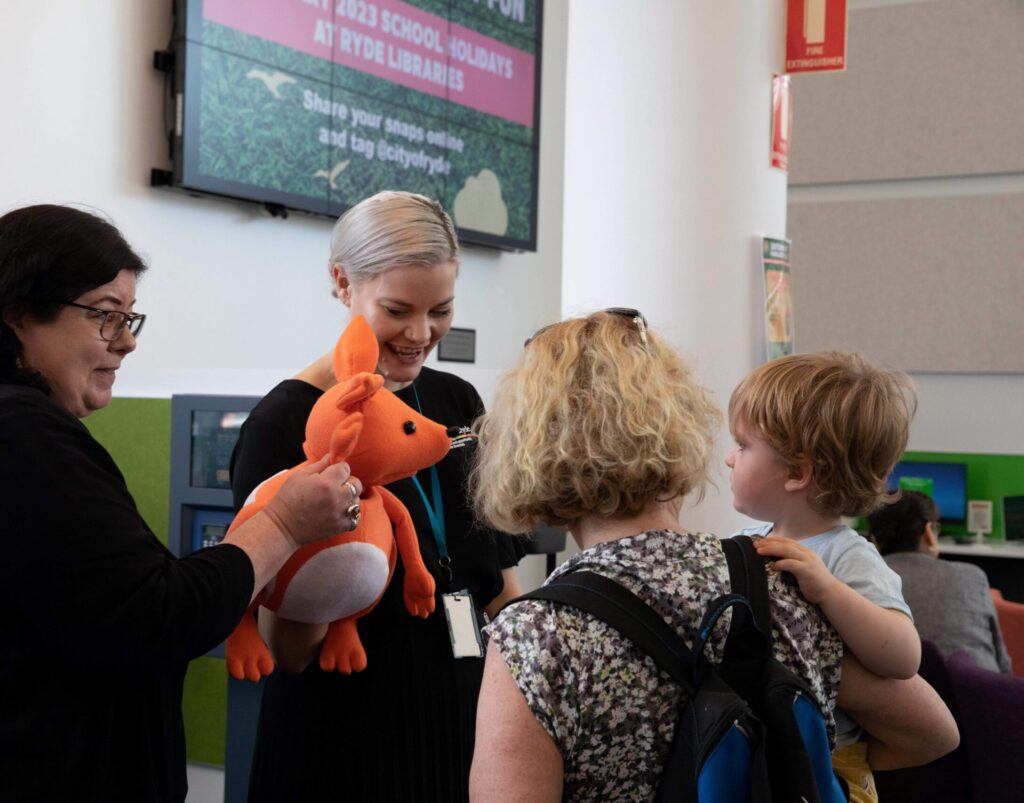
A career in Community Services offers great personal rewards.
Each day the work you’ll do will improve the wellbeing of some of our most vulnerable residents. From working with people with disabilities or the elderly, to supporting migrants and refugees, your role will make a real difference to those who need our support the most.
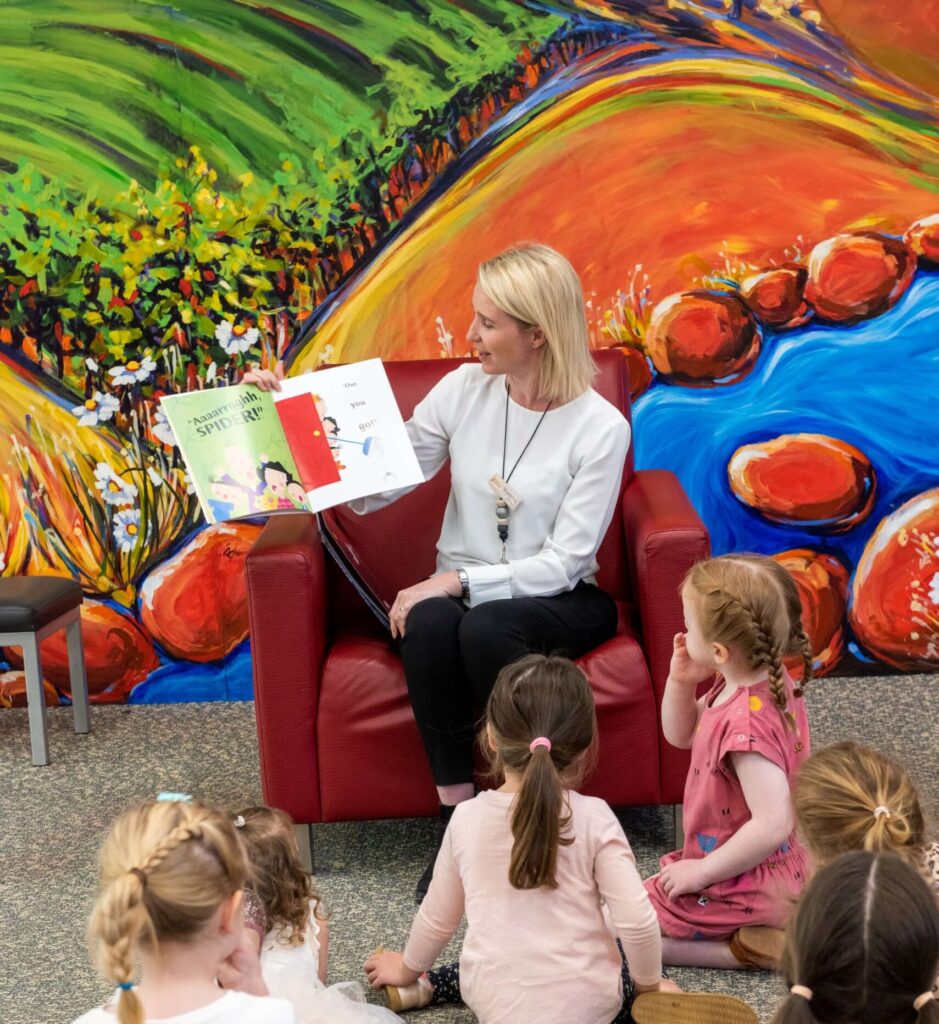
Families and Young Children
Helping to provide a range of services that value and support children, families, parents, grandparents and carers can be one of the most fulfilling career areas within Local Government.
Types of roles:
Children’s Services Coordinator
Children’s Services Leader – Libraries
Children’s and Programs Officer
Early Childhood Educator
Maternal and Child Health Nurse
School Crossing Supervisor
Occasional Care Educator
What we do:
- Early Childhood Education and Care facilities (preschools and kindergartens, long day care, occasional care and mobile care)
- Family day care
- Health care centres for new mothers and babies
- Toy libraries and Playgroups
- School holiday programs and after school care
- Neighbourhood and community houses
Qualification requirements:
Educational requirements vary according to the role but tertiary qualifications appropriate for senior roles in this field include Social Work, Arts (Social Policy/Sociology), Education and Nursing. Those looking to work with children and/or young people will need to check requirements for obtaining Working with Children Checks (WWCC) or Police Checks in their state or territory. All states and territories have legislation providing for child-related employment pre-screening with specific requirements to be met.
Vocational education and training (VET) qualifications are required for roles in childcare, in particular:
- Certificate III in Early Childhood Education and Care
- Diploma of Early Childhood Education and Care
Youth Services
Youth services support the growth, development and education of Australian youth by offering access to a network of young people, youth advisors and a safe place outside of home and school.
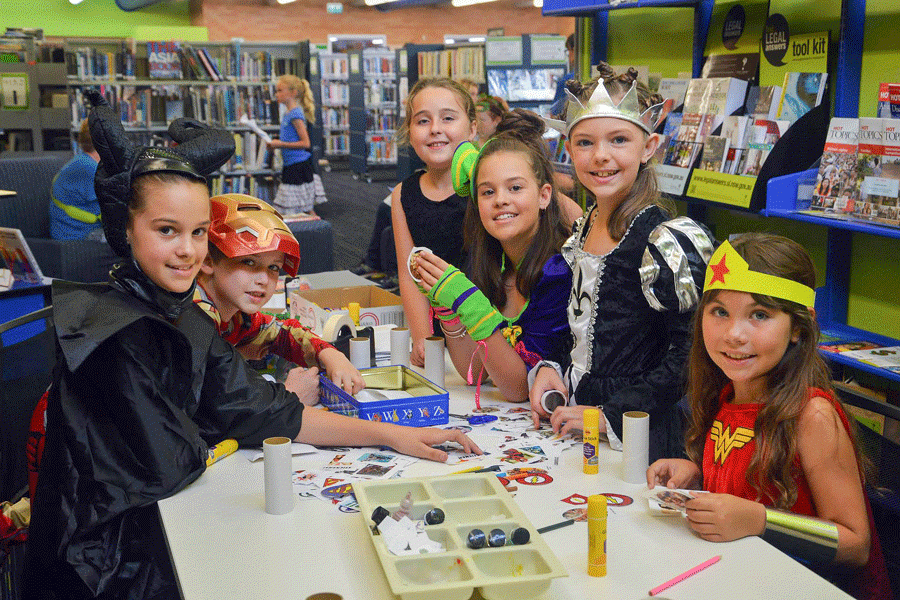
Types of roles:
Youth Engagement Officer
Youth Development Officer
Youth Services Facilitator
Community Development Officer
Activity Officer
What we do:
- Youth centres, youth art classes
- Sports programs, e.g. basketball, tennis, skating competitions
- Barbeques, cooking programs
- Pathways to employment programs
- Youth-based advisory groups
- Recreation facilities including playgrounds and skate parks
Qualifications:
Educational requirements vary according to the role but tertiary qualifications appropriate for senior roles in this field include Social Work, Social Science and Arts (Social Policy/Sociology). Those looking to work with children and/or young people will need to check requirements for obtaining Working with Children Checks (WWCC) or Police Checks in their state or territory. All states and territories have legislation providing for child-related employment pre-screening with specific requirements to be met.
Vocational education and training (VET) qualifications relevant for entry-level and Officer level positions include:
- Certificate IV in Youth Work
- Diploma of Youth Work
- Certificate III, IV, Diploma of Community Services
Aged Services
With an ageing population in Australia, the role that councils play in supporting elderly people in their community is becoming increasingly important.
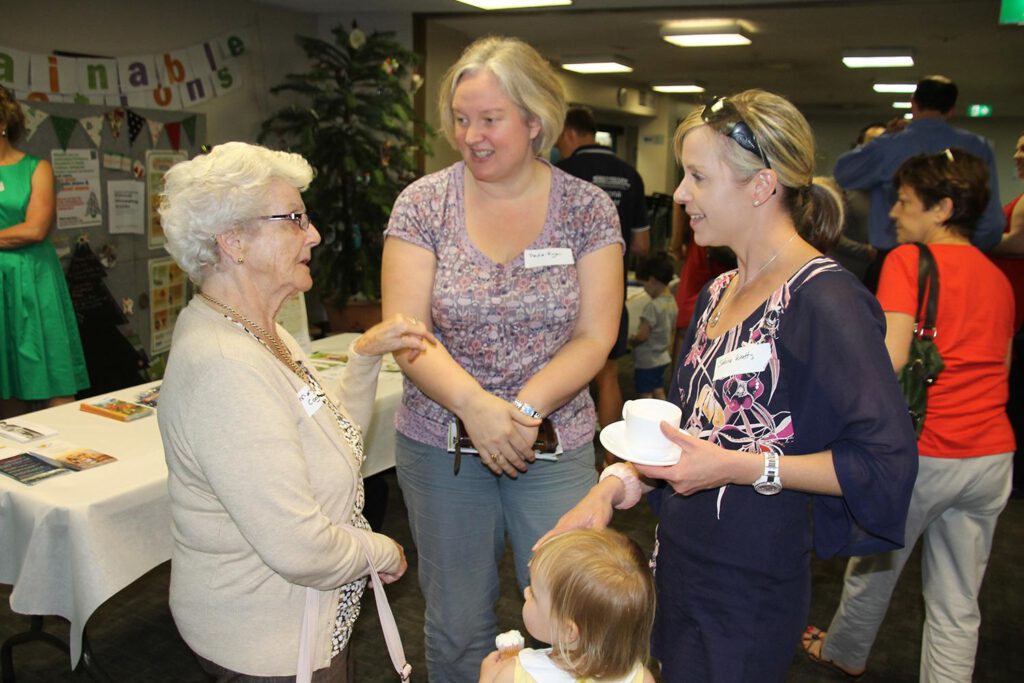
Types of roles:
Coordinator Home Care - Community
Client Services Officer – Home Care Operations
Aged and Disability Services Officer/Coordinator
Regional Development Officer - Ageing
Community Development Officer/Coordinator
Community Bus Driver
What we do:
- Seniors groups and centres
- Meal service delivery
- Home and personal care services
- Home maintenance and modifications
- Social support
- Respite care
- Residential care (e.g. retirement homes, nursing homes)
- Community transport
- Community events
- Sector support and development
Qualifications:
Educational requirements vary according to the role but tertiary qualifications appropriate for senior roles in this field include Social Work, Social Science and Arts (Social Policy/Sociology).
Vocational education and training (VET) qualifications relevant for entry-level and Officer level positions include:
- Certificate III in Individual Support (Ageing)
- Certificate IV in Ageing Support
- Certificate III, IV, Diploma of Community Services
Disability Services
One of our key aims is to ensure that services are accessible to all members of the community. This means providing a variety of programs and services that assist people with a disability to participate in community activities.
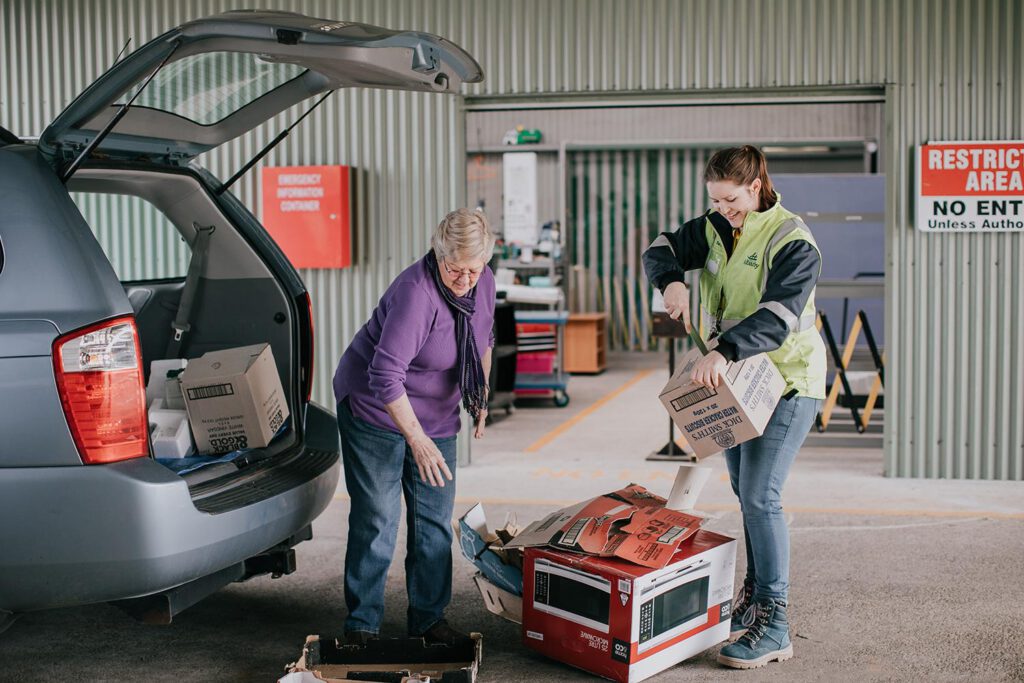
Types of roles:
Disability Services Officer
Disability Inclusion Officer
Aged and Disability Services Officer/Coordinator
Access and Inclusion Officer
Community Care Worker
Community Development Officer
Community Bus Driver
What we do:
- Meal service delivery
- Home and personal care services
- Arts and recreational programs
- Community transport
- Supported accommodation
- Special equipment to improve access (e.g. beach wheelchairs, swings for people in wheelchairs, keys to toilets)
- Information on support services, including government schemes, industry bodies, local providers of health and disability services
Qualifications:
Educational requirements vary according to the role but tertiary qualifications appropriate for senior roles in this field include Social Work, Social Science and Arts (Social Policy/Sociology).
Vocational education and training (VET) qualifications relevant for entry-level and Officer level positions include:
- Certificate III in Individual Support (Disability)
- Certificate IV in Disability
- Certificate III, IV, Diploma of Community Services
Aboriginal and Torres Strait Islander People
Aboriginal and Torres Strait Islander people are integral to all communities in Australia. Councils work closely with their local indigenous community to ensure their proper participation in matters that affect their cultural rights and sensitivities and actively work to maintain the integrity of cultural heritage sites within the community.
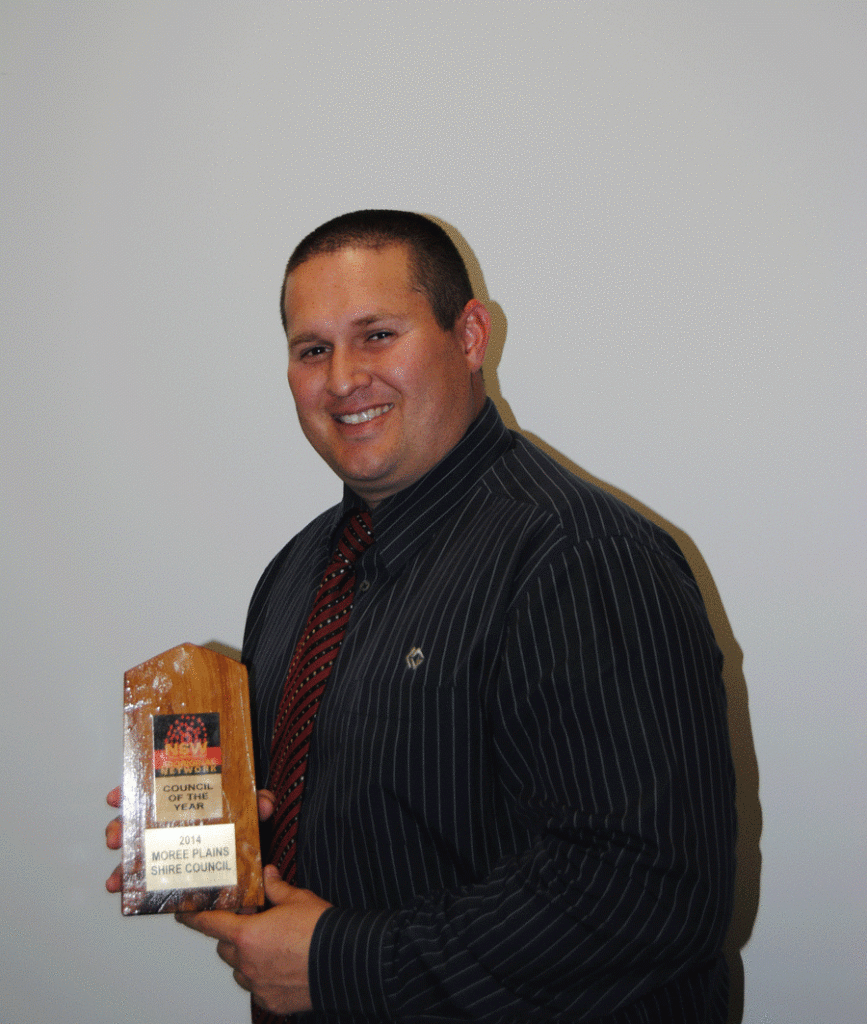
Types of roles:
Indigenous Projects Officer
Indigenous Support Officer
What we do:
- Indigenous festivals and events, e.g. NAIDOC Week
- Arts programs, exhibitions
- Collaborate with indigenous representatives over native title issues and culturally sensitive matters within the community
Qualifications:
Educational requirements vary according to the role but tertiary qualifications appropriate for senior roles in this field include Social Work, Social Science and Arts (Indigenous Studies).
Vocational education and training (VET) qualifications relevant for entry-level and Officer level positions include:
- Certificate III, IV, Diploma of Community Services
- Certificate III, IV in Indigenous Environmental Health
- Certificate IV in Aboriginal & Torres Strait Islander Governance
Migrants, Refugees and Multicultural Communities
Many Local Government areas are home to large numbers of residents and business owners who come from non-English speaking backgrounds.
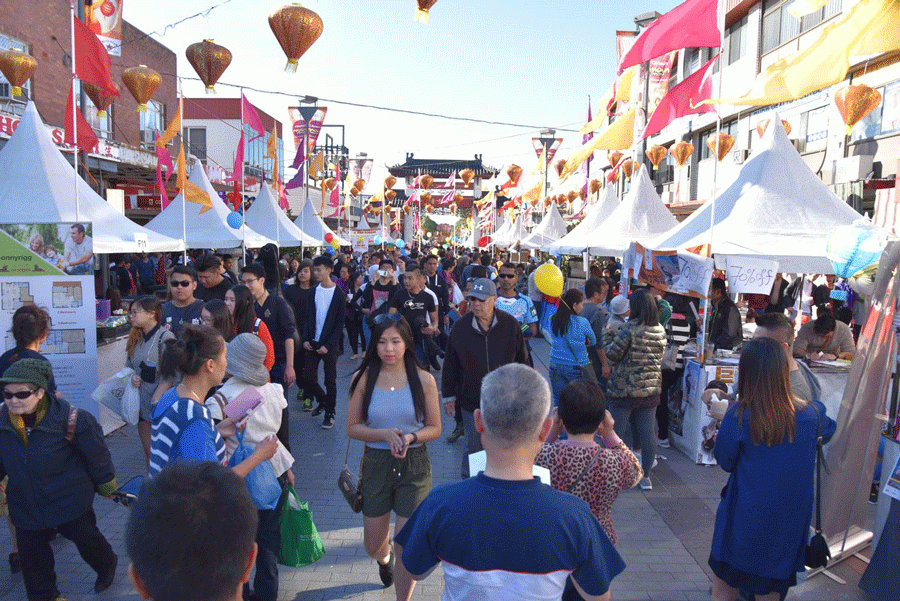
Types of roles:
Cultural Development Officer
Multicultural Liaison Officer
Diversity and Inclusion Officer
What we do:
- Directly support new arrivals with their integration into community
- English language programs
- Multicultural events such as Refugee Week, Harmony Day
- Citizenship ceremonies
- Arts programs, exhibitions (e.g. murals, street art)
Crime Prevention
Local Government works to create safe communities. We do this by reducing risk from crime on individuals, businesses and the community, developing policy and implementing strategies to reduce crime.
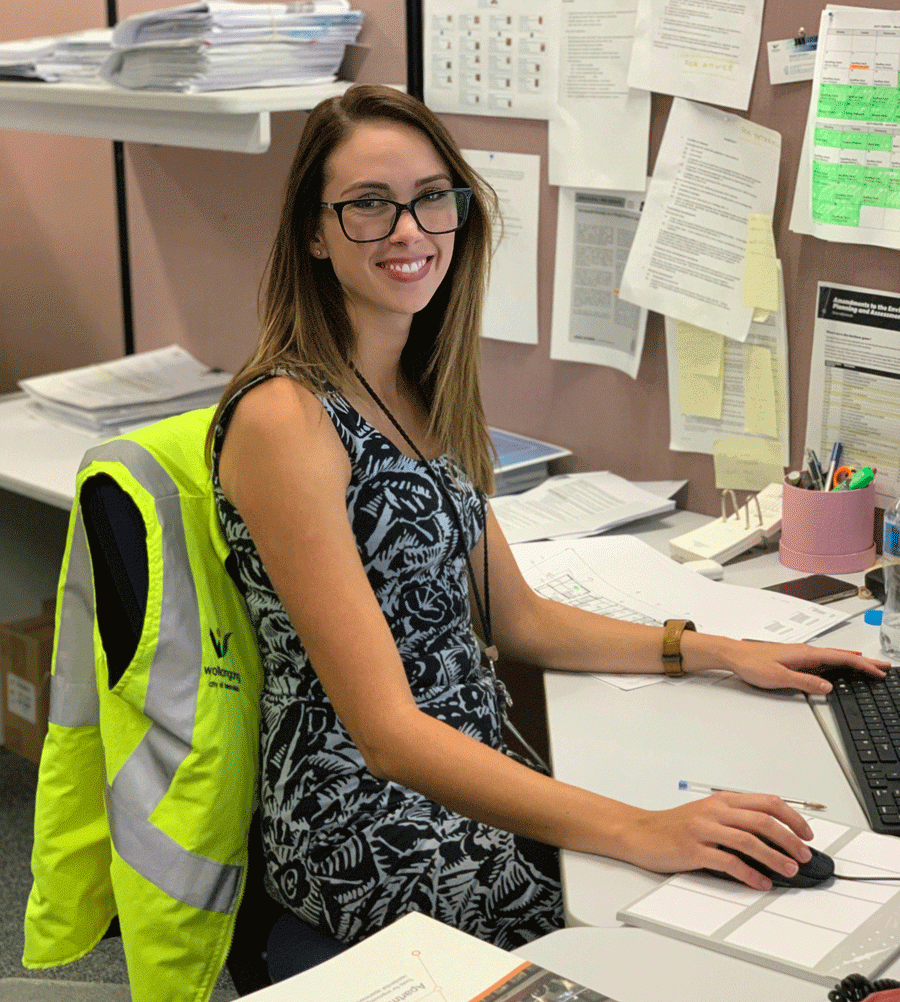
Types of roles:
Manager, Safe City
Community Projects Officer (Safe Communities)
Coordinator Community Safety
Community Planner (Community Safety)
Qualifications:
Educational requirements vary according to the role but tertiary qualifications appropriate for senior roles in this field include degrees in Criminology, Social Science and Arts (Policy).
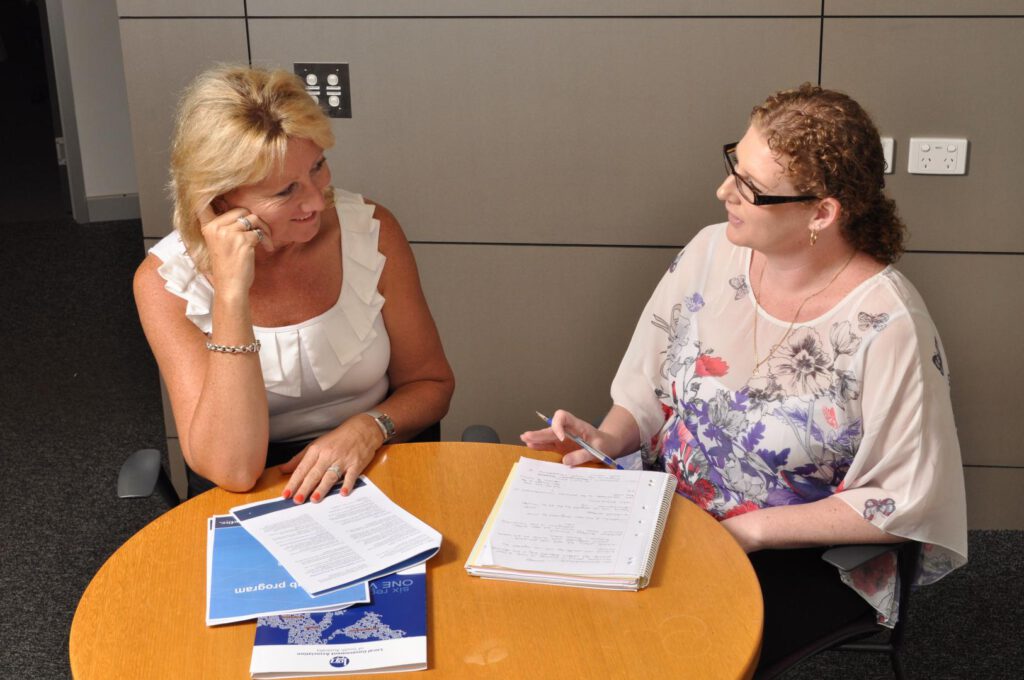
Types of roles:
Social Planner
Social Planning and Policy Officer
Manager/Coordinator Community Development
Qualifications:
Tertiary degrees appropriate for roles in this field include Social Sciences (e.g. Geography), Arts (Sociology, Social Policy) and Urban and Regional Planning.
The Universities Admission Centre
For more information about university courses visit The Universities Admission Centre.
My Skills
For more information about VET courses and training providers visit My Skills.
Some current Community Services vacancies
Community Services People Stories
Working in Councils
The scale and diversity of work on offer in Local Government is impressive as is the direct and positive impact this work has on the communities we serve.
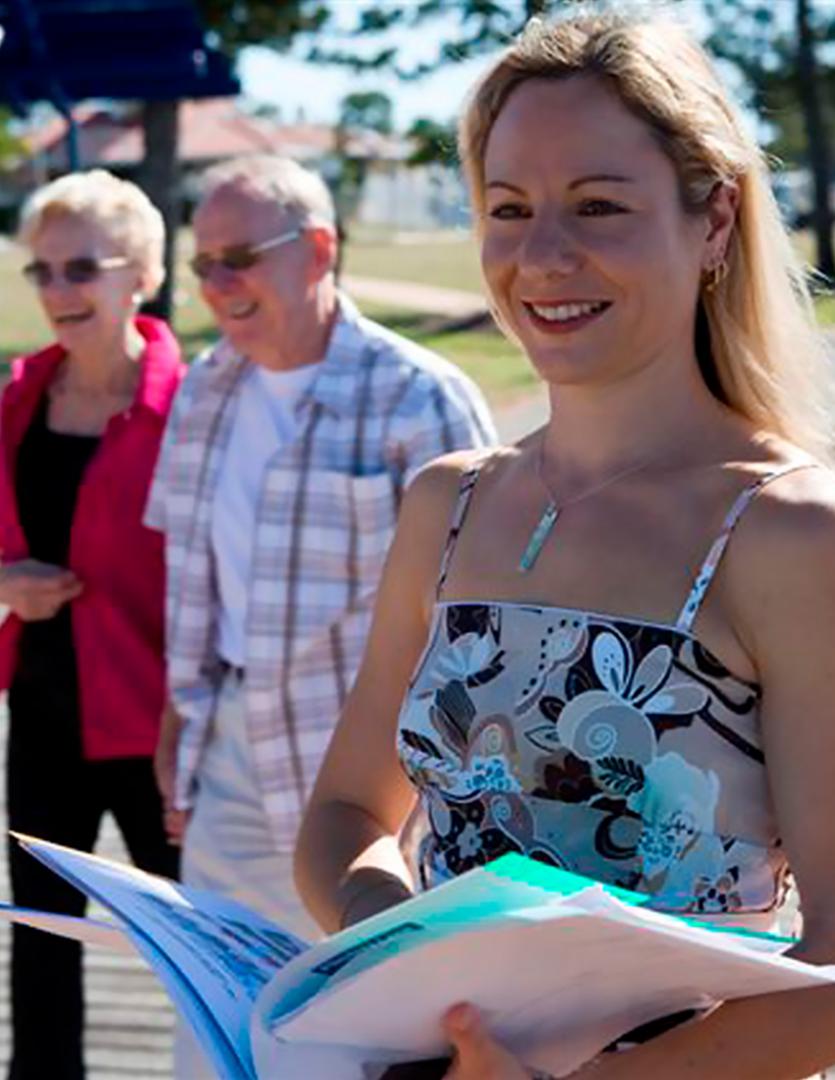
Is council right for you?
Local Government’s 189,000 employees have many different skills and backgrounds, but together they share certain values and attributes that enable them to succeed at Council.
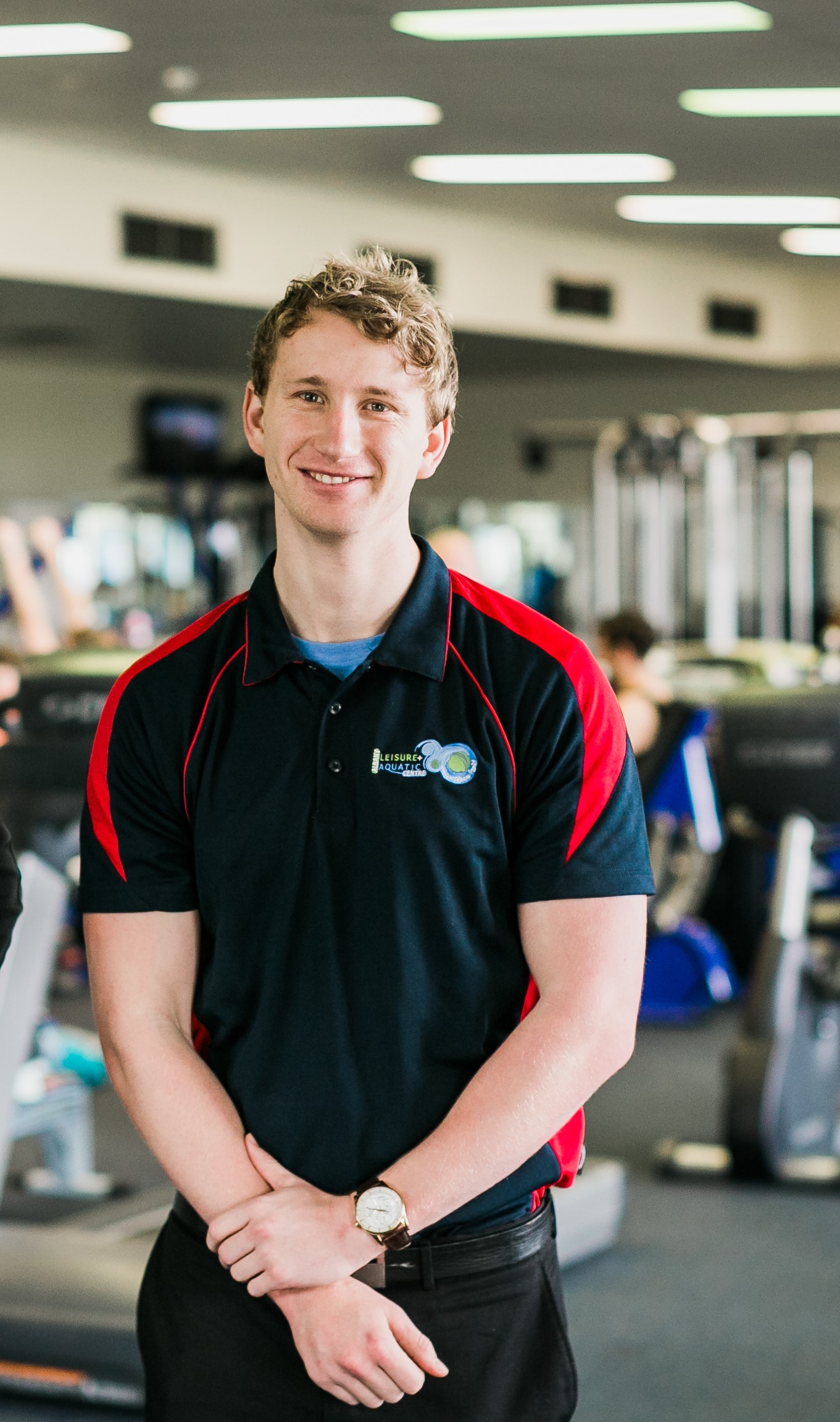

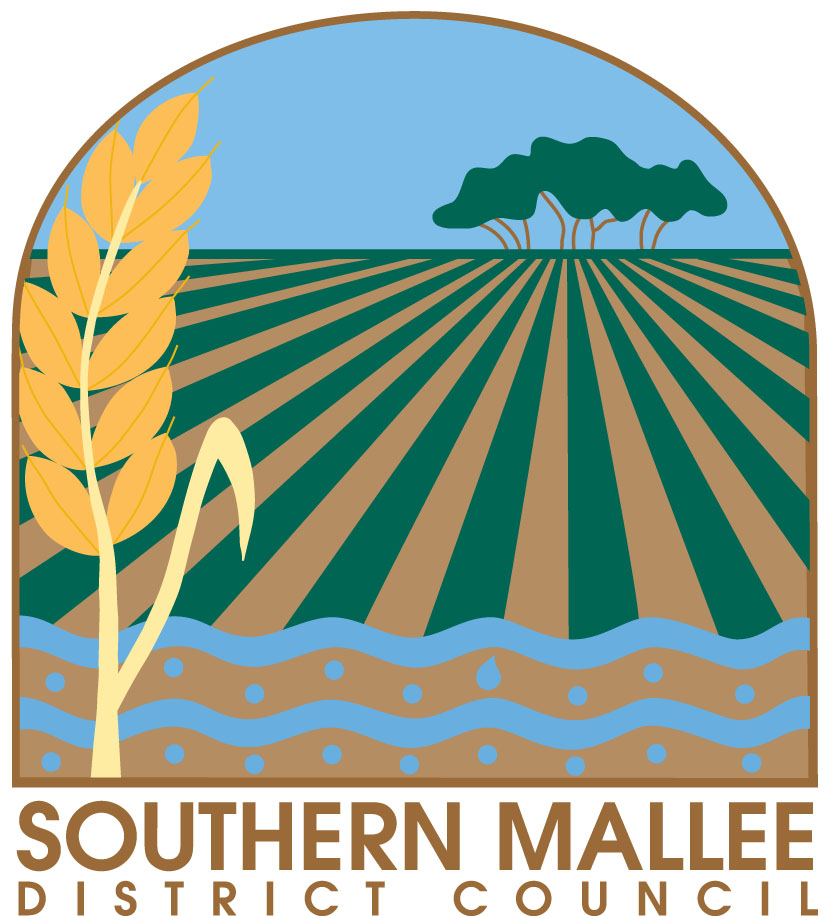
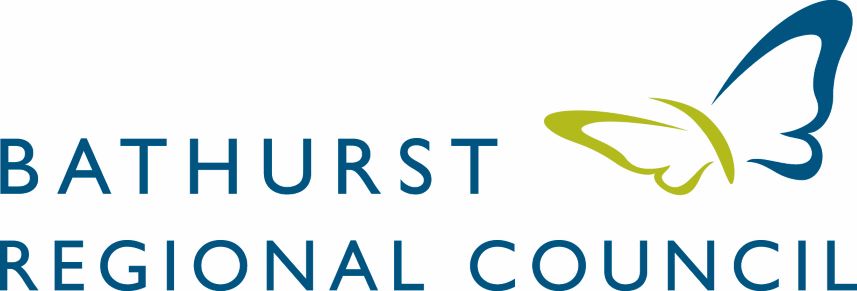
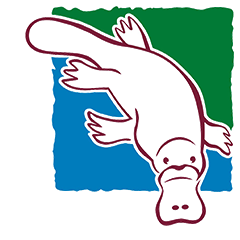
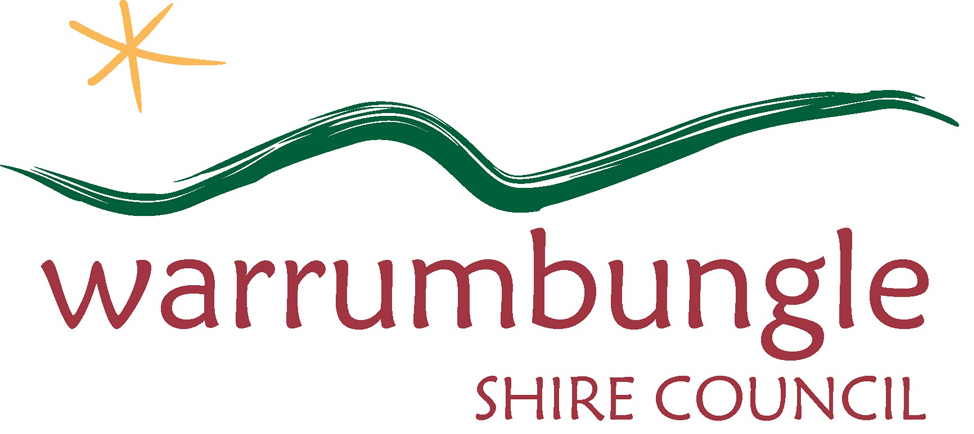
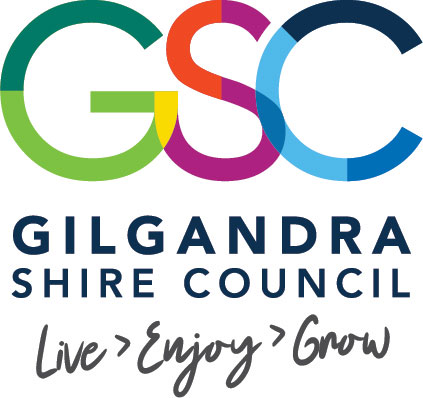
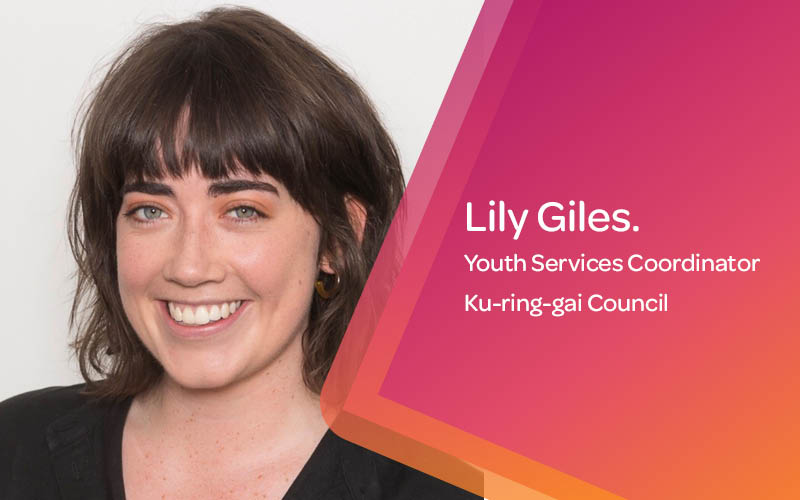
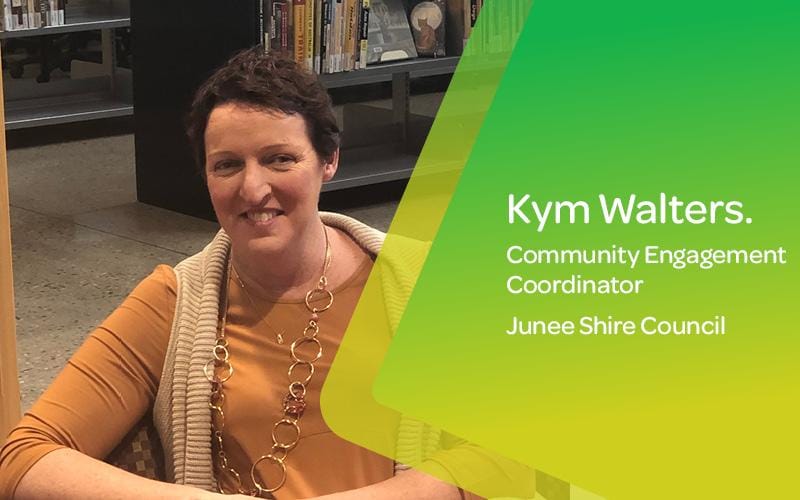

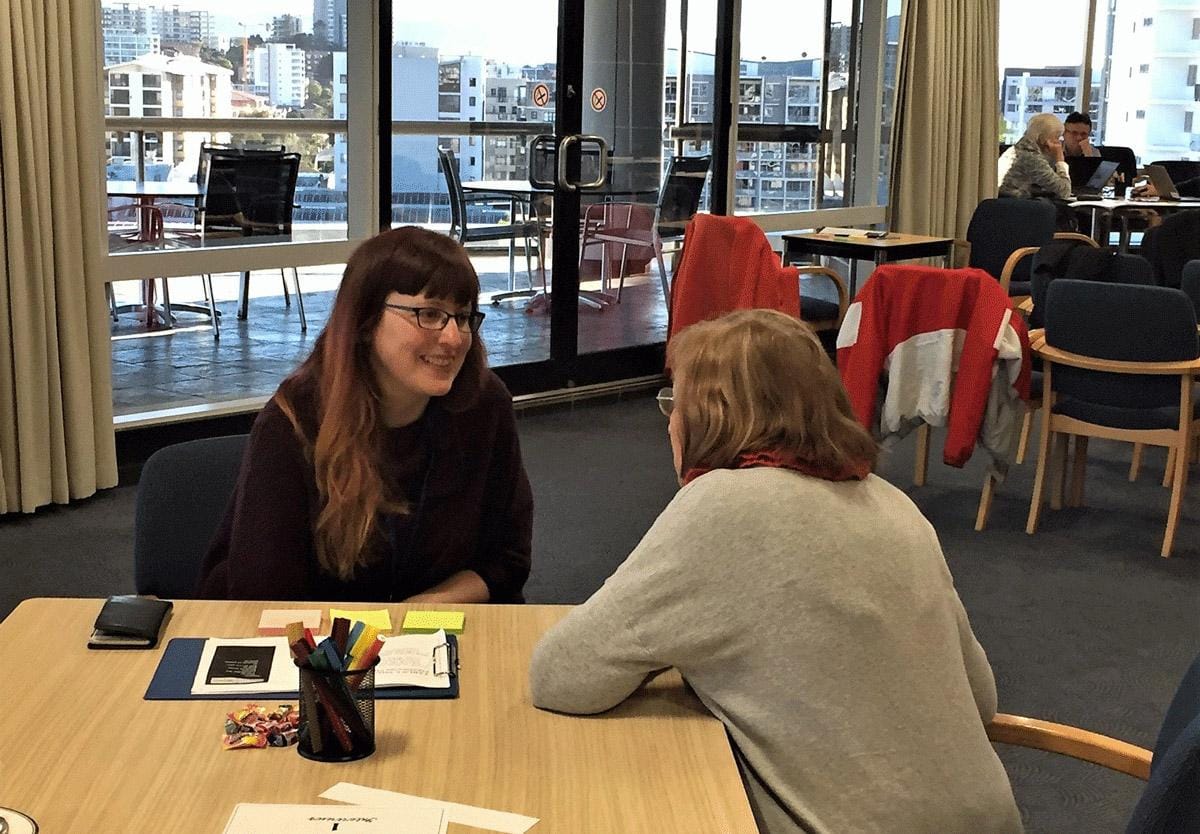
Social Planning
As populations grow, councils undertake regular social planning to determine the services and facilities required by their communities.
This involves carrying out research, formulating strategic planning policy, advocacy and developing close partnerships with groups within the community.